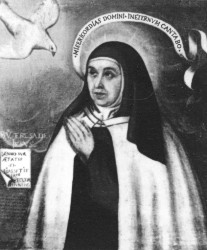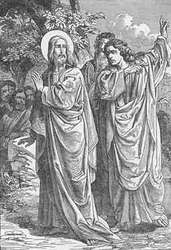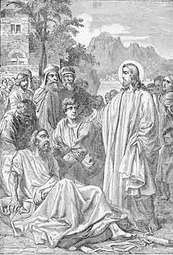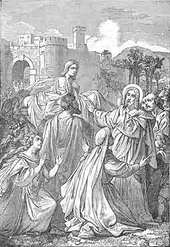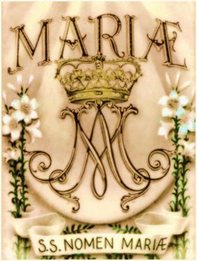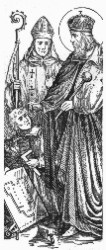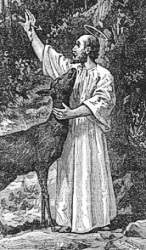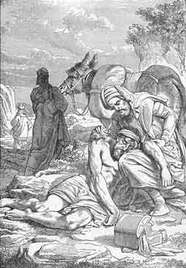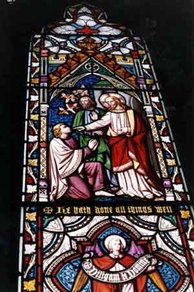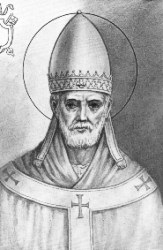
Pope
(†384)
Saint Damasus was born in Rome at the beginning of the fourth century. His father, a widower, had received Holy Orders there and served as parish priest in the church of St. Laurence. Damasus was archdeacon of the Roman Church in 355, when the Pope, Saint Liberius, was banished to Berda; he followed him into exile, but afterwards returned to Rome. On the death of Saint Liberius in 366, our Saint was chosen to succeed him, at the age of sixty-two. A certain Ursinus, jealous of his election and desiring for himself that high office, had himself proclaimed pope by his followers, inciting a revolt against Damasus in Rome, in which 137 persons died. The holy Pope did not choose to resort to armed defense, but the Emperor Valentinian, to defend him, drove the usurper from Rome for a time. Later he returned, and finding accomplices for his evil intentions, accused the holy Pontiff of adultery. Saint Damasus took only such action as was becoming to the common father of the faithful; he assembled a synod of forty-four bishops, in which he justified himself so well that the calumniators were excommunicated and banished.
Having freed the Church of this new schism, Saint Damasus turned his attention to the extirpation of Arianism in the West and of Apollinarianism in the East, and for this purpose convened several councils. He sent Saint Zenobius, later bishop of Florence, to Constantinople in 381 to console the faithful, cruelly persecuted by the Emperor Valens. He commanded Saint Jerome to prepare a correct Latin version of the Bible, since known as the Vulgate; he ordered the Psalms to be sung accordingly. He rebuilt and adorned the Church of Saint Laurence, still called Saint Laurence in Damaso. He caused to be drained all the springs of the Vatican, which were inundating the tombs of the holy persons buried there, and he decorated the sepulchres of a great number of martyrs in the cemeteries, adorning them with epitaphs in verse. Before his death, he consecrated sixty-two bishops.
Saint Damasus is praised by Theodoret as head of the famous doctors of divine grace of the Latin church; the General Council of Chalcedon calls him the honor and glory of Rome. Having reigned for eighteen years and two months, he died on the 10th of December in 384, when he was nearly eighty years old. In the eighth century, his relics were definitively placed in the church of Saint Laurence in Damaso, except for his head, conserved in the Basilica of Saint Peter.
